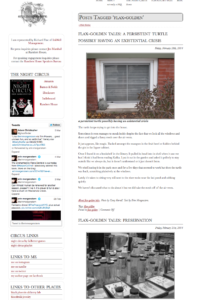

Two confessions:
1, I’ve never read any Hemingway before.
2, I was kind of surprised to find this in collection of short stories. I had always assumed it was a novel.
Having found it however, and having been told by someone I respect that it was the worst thing he’d ever read, I HAD to give it a try.
My first impressions were that I was going to hate this. It was boring. Nothing happened. The dialogue was silted and the relationship between the old man and the boy was faintly disturbing (probably because of everything that’s been in the news recently). I didn’t care about either of them.
I Almost Gave Up
But then the old man got out on the sea and I thought, well, this is faintly interesting; I know nothing about fishing so I’ll just keep reading for a while and see what I learn.
And then, by the time the old man has chased the first school of fish (and failed) and then he sees a second school, I realized that I was rooting for him: I wanted him to succeed and I would have to keep reading to find out whether or not he did.
Reader-Hat, Writer Hat
And that, I realized, was because I had finally I started to learn some things about the old man himself. I learned them when Hemingway shared the old man’s thoughts and perceptions of himself.
From a reader’s perspective I had started to see this old man as wiry and humble and driven and, as such, intriguing.
From a writer’s perspective, I noticed that when the character had thoughts or analysed himself, or talked to himself, I learned as much from the subtext as I did from his thoughts. This is one of those “let the character say one thing and demonstrate another” lessons. It was enough to intrigue me.
Feeling Inspired?
Why not try writing a short story that focuses on character?
Use one of these writing prompts
The Stakes
And then I saw what Hemingway had done with that ‘boring’ introduction: before the old man even sets out I know that the old man is hanging on to life by a thread, that he hasn’t caught a fish for 84 days, that anyone else would have give up by now, that he is determined to succeed (will he?) and that both he and the boy want to work together again. So I had a hint about his character and I understood what was at stake. B the time he starts to fish in earnest, because I’ve come to admire the old man, I care.
(But it strikes me that readers in the 1950s must have been more patient than we are today. Or maybe he was just writing for a more literary audience and you could still get away with this if you are writing for the same audience. But most of the writing advice I read stresses the importance of making the reader care about the character straight away, like in the first paragraph. Article upon article says it’s ‘wrong’ to start with dialogue because “Who cares?”; that we mustn’t start with the weather or the landscape, because “who cares?” Maybe that’s one of those ‘writing rules’ that we can stop worrying about so much. It depends on what genre you’re writing in of course, but if it’s holding you up from writing the rest of your story, just remember the opening doesn’t have to be perfect…ever, apparently, as long as the rest of your story works.)
On, On Through The Night
So, just as the old man fishes through the night, I read on. And I started to really care. And, then I started to despair with him. And then came the ending, which wasn’t pat or tied up with a ribbon but still managed to satisfy. I have read so many modern stories that try to ape this ‘no neat endings’ thing, but instead leave the reader unsatisfied. “The Old Man And The Sea” does not peter out. It does not end neatly. It feels like real life and we don’t know what happens next, but it does have a satisfying ending.
And I can see why this story is a bit of a masterpiece.
What a pleasant surprise.





![[Reading Room] The Day We Were Fish by Stephen Koster](https://storyaday.org/wp-content/uploads/2014/10/Screen-Shot-2014-10-13-at-8.45.25-AM.png)

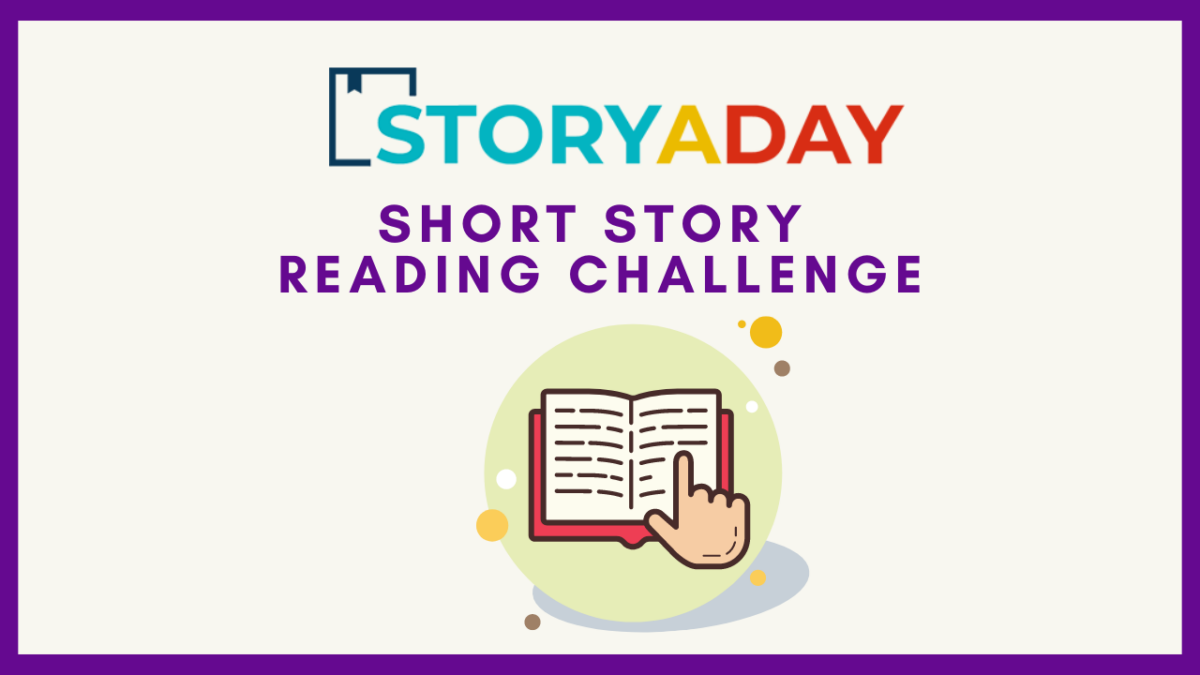
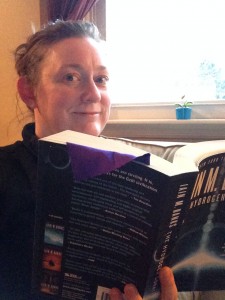
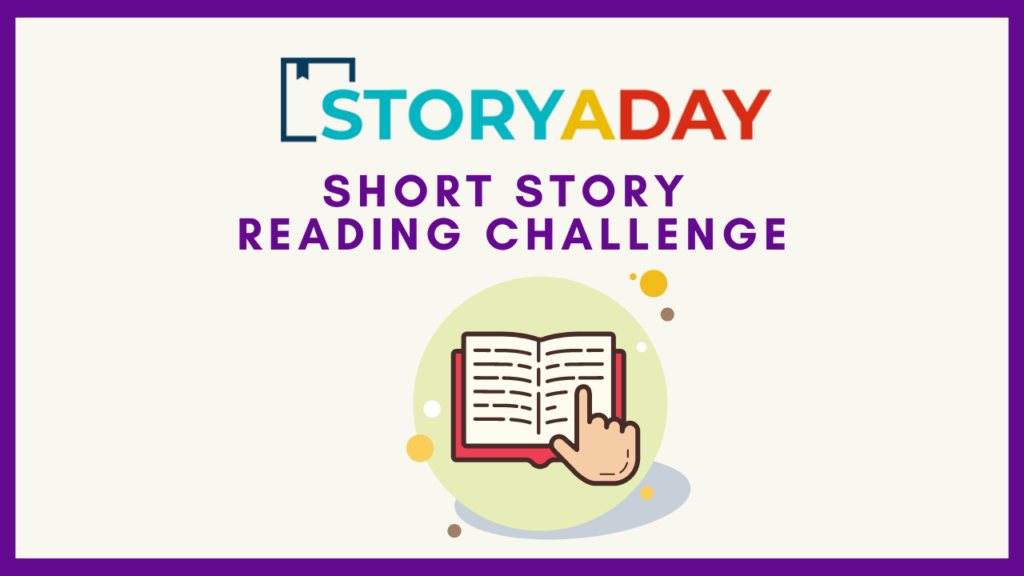
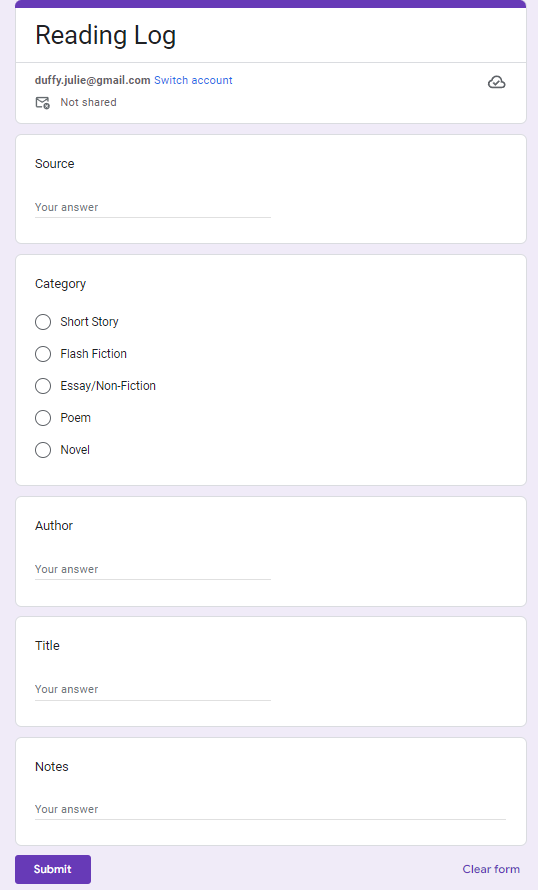
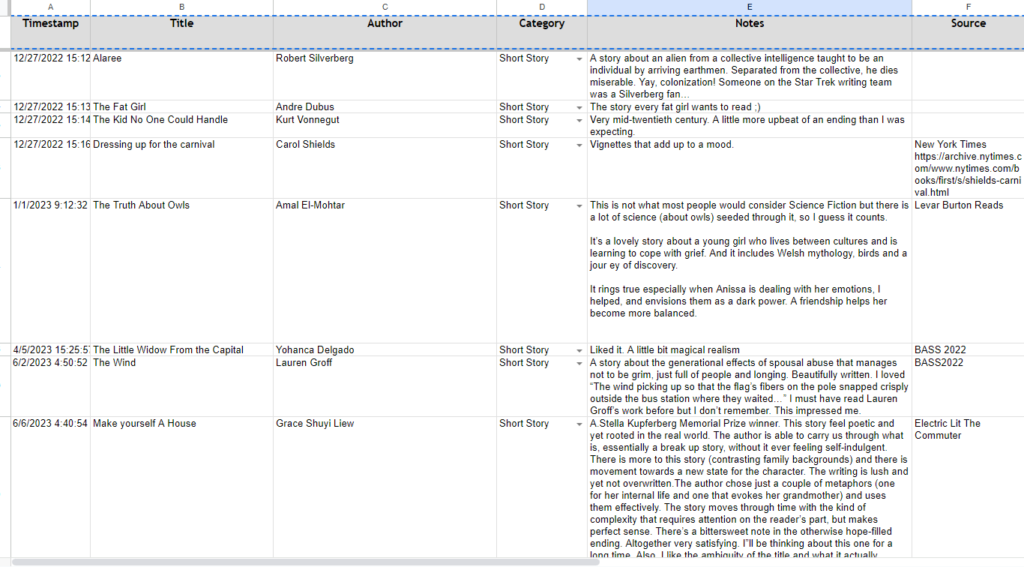

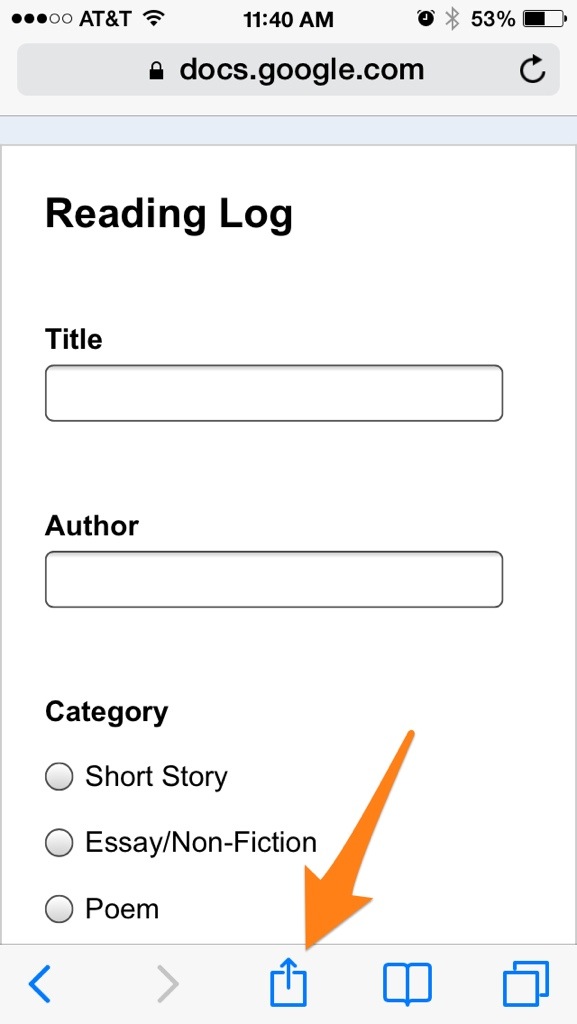






 This week I bring you not a story but a collection of stories.
This week I bring you not a story but a collection of stories.![[Reading Room] Flax-Golden Tales by Erin Morgenstern](https://storyaday.org/wp-content/uploads/2014/03/Screen-Shot-2014-03-06-at-1.18.51-PM.png)
